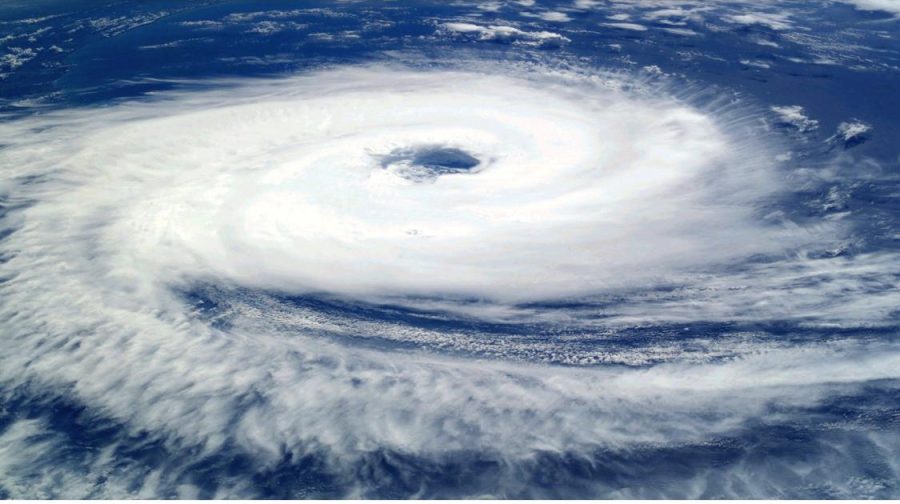Hurricane Fiona brings record rainfall
Used with Permission by Canva/Pixabay/Janeb13
Over the past week, Puerto Rico has been hit with record amounts of rain as Hurricane Fiona makes its way through.
October 4, 2022
Each year, the tropical islands get hit with hurricanes ranging in their destructiveness. This year, Hurricane Fiona hit many tropical islands, causing immense destruction which resulted in the loss of power for hundreds of thousands of Puerto Rican people.
Ever since Hurricane Maria in 2017, many people have been living with unreliable power sources, causing any storm or destructive weather to heavily impact their ability to the resources needed to survive.
According to NPR journalist Jaclyn Diaz, “…about 928,000 households are in the dark as of Friday morning — roughly five days after Fiona hit,” said Diaz.
While Hurricane Fiona was only a category one hurricane, it still dumped as much rain and caused as much flooding as Hurricane Maria, which was a category four hurricane dumped on Puerto Rico in 2017.
According to The Washington Post journalist Arelis Hernández, “Hurricane Fiona dumped at least half as much rain as the coastal town of Salinas — where most residents live in flood zones — sees in a year,” said Hernández. “Pieces of newly-laid asphalt were shattered like shards of glass and strewn about the neighborhood. The smell of rot was inescapable as residents piled their waterlogged furniture on the curb next to mounds of riverbed soil and sheared vegetation.”
Not only are hundreds of thousands of Puertorican residents suffering without electricity, many are also suffering without access to water. As of Sept. 23, 2022, 27% of citizens were without access to a water service, causing a large problem. Not only is the lack of water and power posing a large problem, but their economy is also experiencing a large downfall, potentially costing them multi billions of dollars as the destruction from Hurricane Maria has not yet been fully recovered.
‘”Sometimes we tend to focus on the storms when they’re in the headlines, and you look at it as a unique event,”’ said Rachel Cleetus, a policy director for the Climate and Energy Program at the Union of Concerned Scientists. ‘”But it’s the compounding effect of these events that is really pernicious for communities.”’
Unfortunately for many people who live by the ocean, this will likely not be the last of the destructive hurricanes. Hurricane season lasts from June through November, so there is still some time before they are in the clear of another windy and rainy season.









